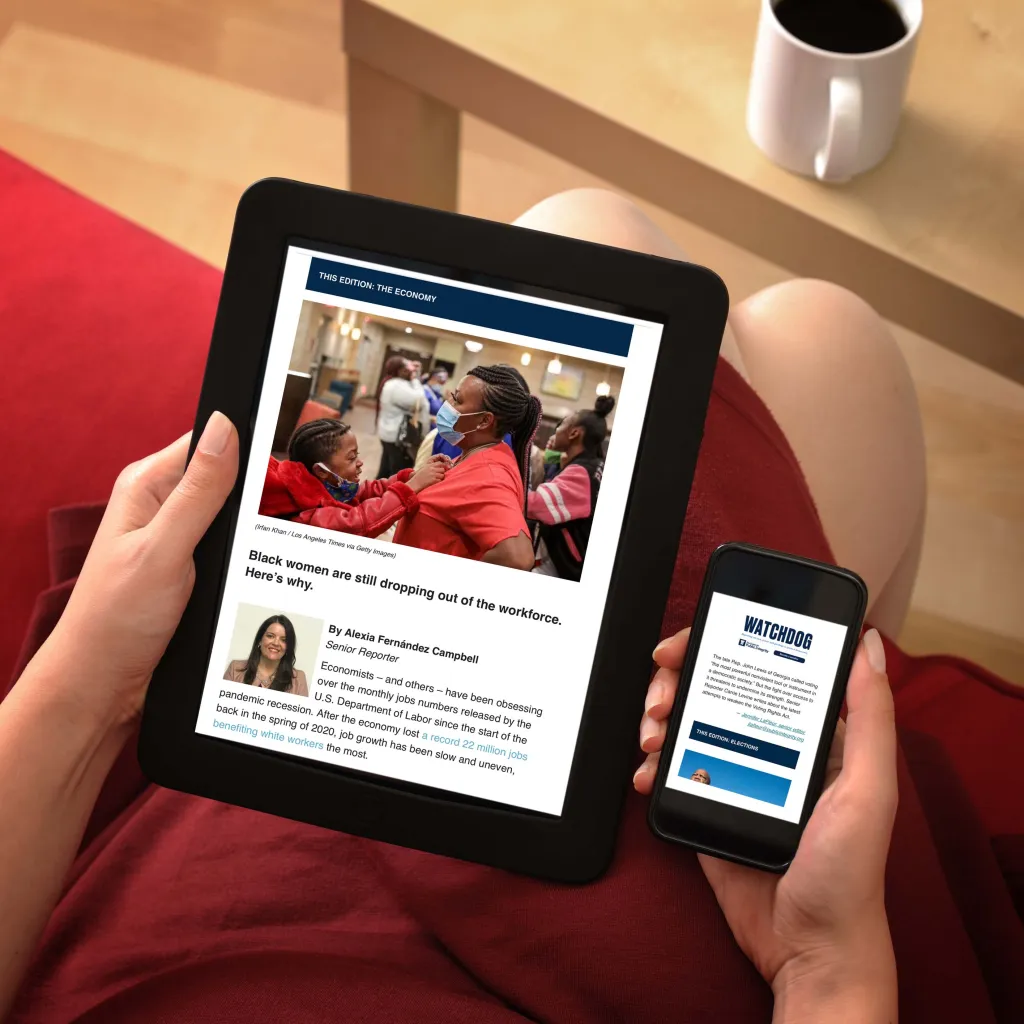Many aspects of voting in Maine are among the most progressive in the country. It pioneered ranked-choice voting. It’s the only place besides Vermont and Washington, D.C., that guarantees voting rights for all adult citizens, regardless of criminal convictions or incarceration. It has same-day voter registration, and automatic voter registration when getting an ID or driver’s license.
And more changes are coming. “Semi-open” primary elections will replace the previous, strictly partisan, system in 2024. Residents will also be able to register to vote online.
Yet, early voting, one of the things advocates say can most level the playing field for low-income and voters of color, is prohibited due to the state’s constitution.
The state’s 76% voter turnout rate and nearly 89% voter registration rate is one of the highest in the country, according to the MIT election performance index, but advocates say that Maine’s lack of early voting creates disproportionate barriers for lower-income working people with inflexible work schedules and other hardships.
No early voting
Democrats, who’ve generally been supportive of greater access to voting, control the governor’s seat and both houses of Maine’s legislature. But adopting early voting in Maine would require a constitutional amendment, and sending proposed amendments to voters in a statewide referendum requires a two-thirds majority of the legislature to pass. Numerous attempts have failed in the legislature over the past 10 years to begin that process.
Maine does allow absentee voting in person at the town or county clerk’s office up to 30 days before Election Day. But advocates say the difference between that system and true early voting is stark. In order for a person to vote in person absentee, they have to hunt down the absentee office inside local municipal offices and then wait before they can meet with a clerk to begin the voting process.
And it’s not clearly advertised in many communities. In a more formal early voting system, voters would walk into a polling place and vote as they would on Election Day. And some more progressive states have extended early voting hours on the weekends that are outside the business hours of local election offices.
Advocates said the delays built into absentee balloting can leave no time to correct a problem. When a voter fills out an absentee ballot, either by mail or in person, it is not cast until a clerk casts all absentee ballots on Election Day. That means if there are any issues with the ballot, election officials won’t know until Election Day. And if something like the voter’s address is incorrect, the voter can’t be informed, and the ballot might not be counted.

About this series
This project looks at the state of voting access, voting rights and inequities in political representation in all 50 states and Washington, D.C.
“True early voting in Maine would be defined as a designated time period for voting at a designated voting place within a municipality,” Jen Lancaster, communications director at the League of Women Voters of Maine, said.
A 2013 Brennan Center for Justice report on early voting found that states with early voting had less stress on their voting system on Election Day, improved poll worker performance, shorter lines on Election Day and were promptly able to fix voting system glitches.
The study also found voters of color were more likely to vote early than their white counterparts, and considering Maine is one of 23 states and Washington, D.C., that does not require employers to give paid time off to vote, early voting could provide working-class families with more options to vote.
“Early in person voting is a substantial improvement in voting that Americans of all political persuasions should be able to agree upon. Its widespread and growing use by voters, and the uniform view of the election officials we interviewed, confirms it provides ample benefits for both voters and election administrators,” Diana Kasdan wrote in the report.
Semi-open primaries
Maine will join a growing number of other states in allowing independent voters to participate in the party’s primary of their choice.
Under Maine law, if a person is registering to vote, they can choose to declare a party. If they choose not to, they are independent. About 32% of voters in Maine are independent, according to Open Primaries, which is a national, nonpartisan organization that advocates for a nonpartisan primary system.
The change allows independent voters to pick a primary, but it doesn’t allow Democrats or Republican voters to switch parties without changing registration.
Online voter registration
Maine is one of 10 states that currently does not have online voter registration but starting next year, that will change.
Currently, if a person would like to register to vote in Maine, they must apply at their town or city hall, at a voter registration drive, or the Bureau of Motor Vehicles or Social Services office, which can present major challenges.
Most city and town halls and state offices are only open Monday through Friday from 8:30 a.m. to 4 or 5 p.m.
That leaves few options for many voters who work during the day.


